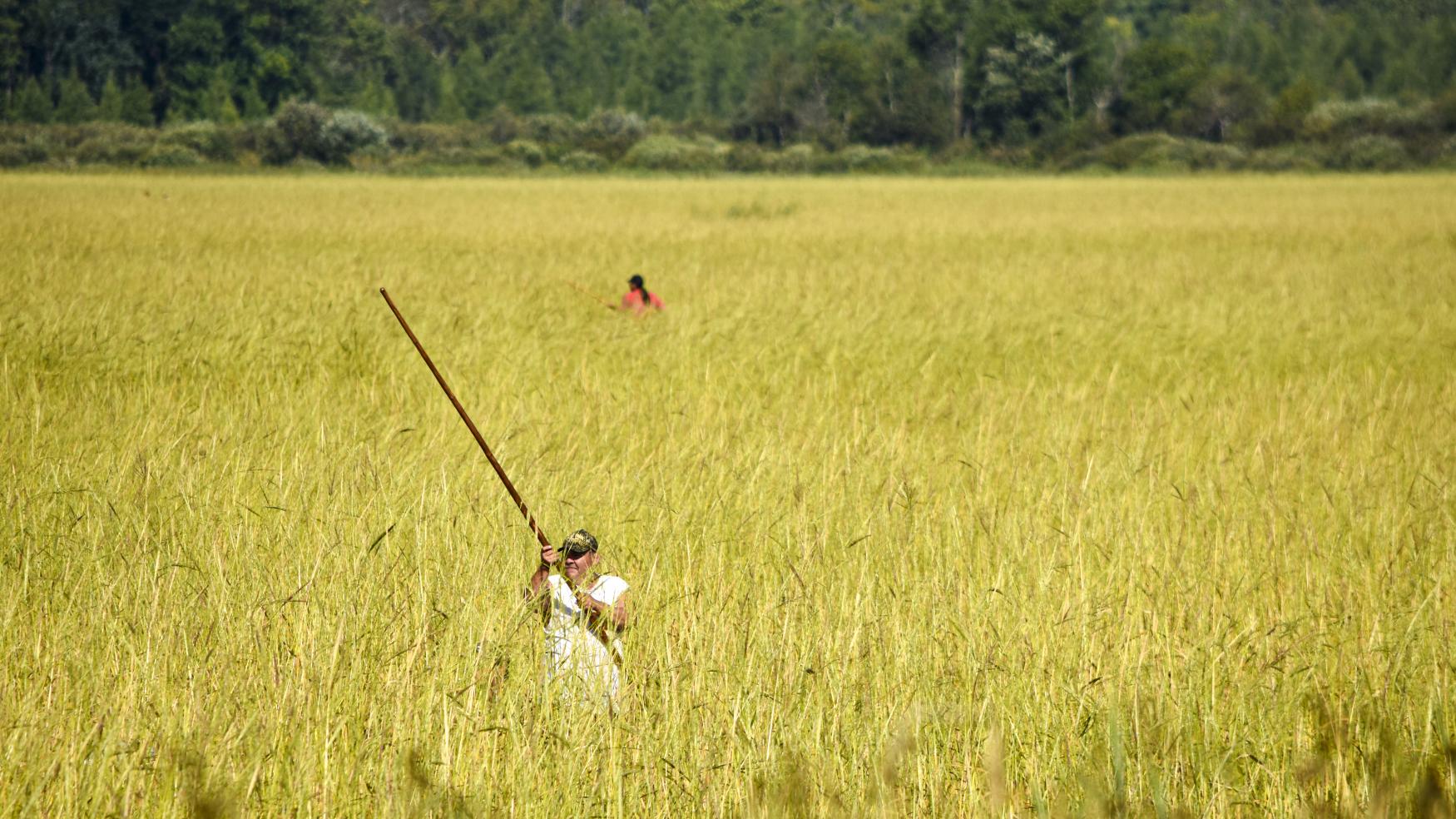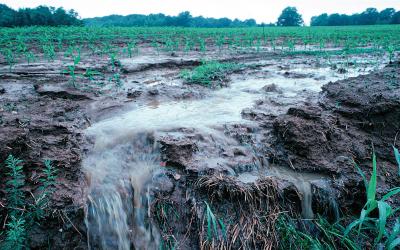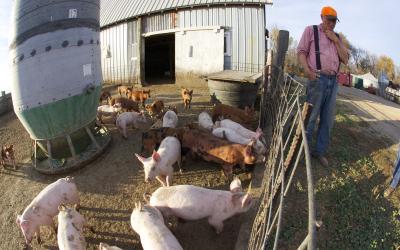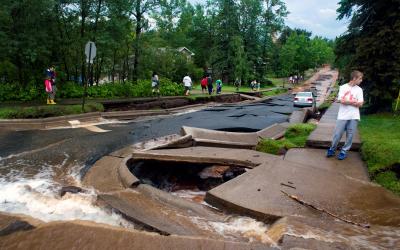Climate change threatens the viability of many species and habitats that are vital to Tribal Nations in Minnesota.
Native Americans have historically depended on the gathering and preparation of a wide variety of local plant and animal species for subsistence, frequently referred to as traditional or culturally important foods. These foods include fish, moose, deer, corn, beans, squash, wild rice, as well as particular tree species and a multitude of herbal plants.
Climate change affects the availability of, access to, and the health of these natural and cultural resources. This can create food insecurity for some Indigenous communities and threatens the culture, history, well-being, and life-ways of Tribes, according to a climate vulnerability assessment and adaptation plan from the 1854 Treaty Authority and the Bois Forte Band, Fond du Lac Band, and Grand Portage Band. The impacts to Tribes will be magnified since reservations and treaty areas have geographically defined boundaries that do not allow them to follow shifts or changes in natural resources as the climate changes.
Consider the case of moose, a species that helps maintain the health of northern forests and wetlands, serves as a food for natural predators like wolves, and provides meat and hides for people. Moose are highly vulnerable to changing climate conditions, including increasing annual temperatures and increasing summer humidity, and moose populations in Minnesota have declined over the last decade. Habitat shifts, heat stress, new disease vectors, and an increasing number of parasites all have contributed to this trend.
“A declining moose population has serious economic, social, and cultural ramifications,” the adaptation plan explains. “The loss of a moose hunt means not only the loss of a traditional food source, but also the loss of an important traditional practice that often brings generations together to hunt, harvest, and celebrate.”
More information: Impacts of climate change (DNR)



